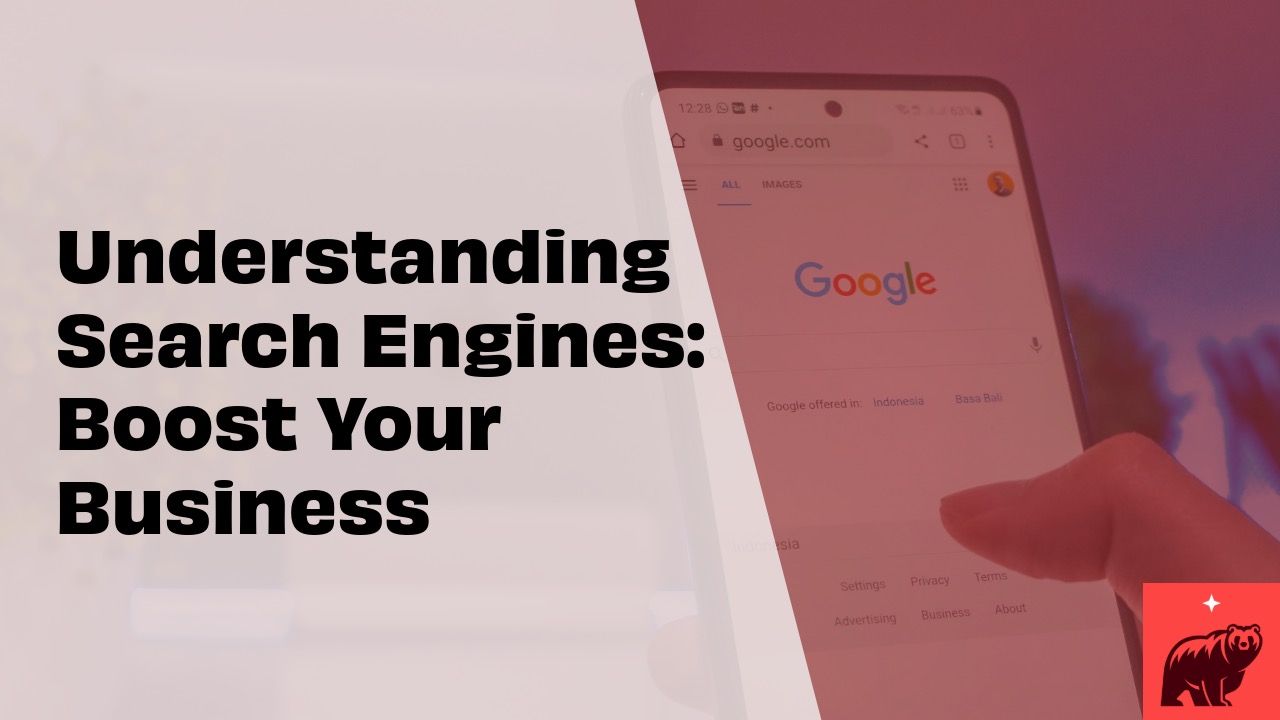Navigating the internet to find useful information can feel like searching for a rare gem in a vast mine. The one tool that consistently helps us find our way online is something we all know well—the search bar. Have you ever thought about what happens when you hit the “Enter” key on your search? How does a search engine find the information you want? It has to do so among countless blogs and websites.
Let’s shed some light on how search engines work. We’ll use this knowledge to make search engines clear even though they are complex. It is crucial for small business owners and entrepreneurs in industry and manufacturing to understand how search engines operate. It’s not just about satisfying curiosity. It’s about boosting your online presence and better engaging with your customers. Welcome to a deep dive into the workings of the digital librarian—the search engine.
The world of digital technology is complex. Understanding search engines is key. Kodiak Digital is your reliable partner. We aim to give you the digital tools you need to establish your presence online. This will ensure that when your clients search for you, they find you easily.
Crawling the Web: Building a Massive Library
Before search engines can offer the most relevant results, they need to search the web for data. Web crawlers work like tireless librarians. They work in a vast digital library and do this huge task. These digital spiders, also called ‘bots’, roam the internet. They do so to find and log new and updated content.
Imagine a spider. It carefully moves along each strand of its web, searching every corner of the digital world for its next meal. This meal is the latest information to feed on and show to users. Google’s ‘Googlebot’ is a perfect example of this. It tirelessly hops from one link to another. It constantly updates its index with the best new web content.
Crawling gives us an initial look into how search engines work. It shows us the ongoing search for knowledge and the updates that keep the internet’s content current and complete.
Indexing the Knowledge: Organizing the Library
Cubbyholes are filled with digital volumes. The crawlers return loaded with webpages full of information. However, this collection is just a cluttered mess without proper organization. At this point, indexing is crucial. It organizes the massive data and brings order to it.
Just like a library uses a detailed cataloging system, a search engine operates similarly. It goes through every webpage it finds. It looks at the text, links, images, and other parts. It stores this information in a database. When someone searches, the search engine looks through its index precisely. It guides the user to the matching information.
Indexing stabilizes the web amid the chaos of information. It ensures coherence. It protects the integrity of text from widespread misinformation.
Ranking the Results: Finding the Perfect Match
Armed with its database of indexed webpages, the search engine’s biggest challenge is ranking. This is where the real work takes place. Complex algorithms sift through the indexed data. They consider many factors to find the websites that best match the searcher’s requirements.
For those new to the topic, these algorithms act as rules for web content, setting the standards and values that search engines use to judge. They assess everything from the exact words in a search query to how user-friendly a website is.
Page relevance, quality, and how user-friendly a site is are crucial. Ask yourself: Is the site reliable with fresh, original content that matches the search terms well? Is it secure, fast to load, and easy to use on all devices? Is it respected in its field, seen as an authority by users and other sites?
Search engines constantly update their algorithms to improve their accuracy. It’s not just about finding any result; it’s about finding the most relevant result and making it easily accessible to the user.
Conclusion
Search engines, our unseen guides in the digital world, are now understood better. They work through processes like Crawling, Indexing, and Ranking. They organize vast info to bring order to the web. Knowing how these processes work helps in creating content. It must appeal to audiences and fit search engine requirements.
Crafting your digital presence is both a science and an art. It involves creating content that meets user demands and is favored by search engines. At Kodiak Digital, we excel at combining your expertise with our digital know-how to enhance your online presence.
The path forward is straightforward. Despite their complexity, search engine algorithms can be understood. By knowing how these algorithms work, you can craft content that stands out in the crowded digital space. Take the initiative. Contact us today and let’s shape your digital future together.
Improving your understanding of search engines is crucial for business success. It helps small businesses, entrepreneurs, and industrial manufacturers to compete with larger corporations. It lets them grow and thrive in a changing environment. Embrace digital change. Learn to use search engines. They unlock the internet’s potential and make your digital dreams real.







